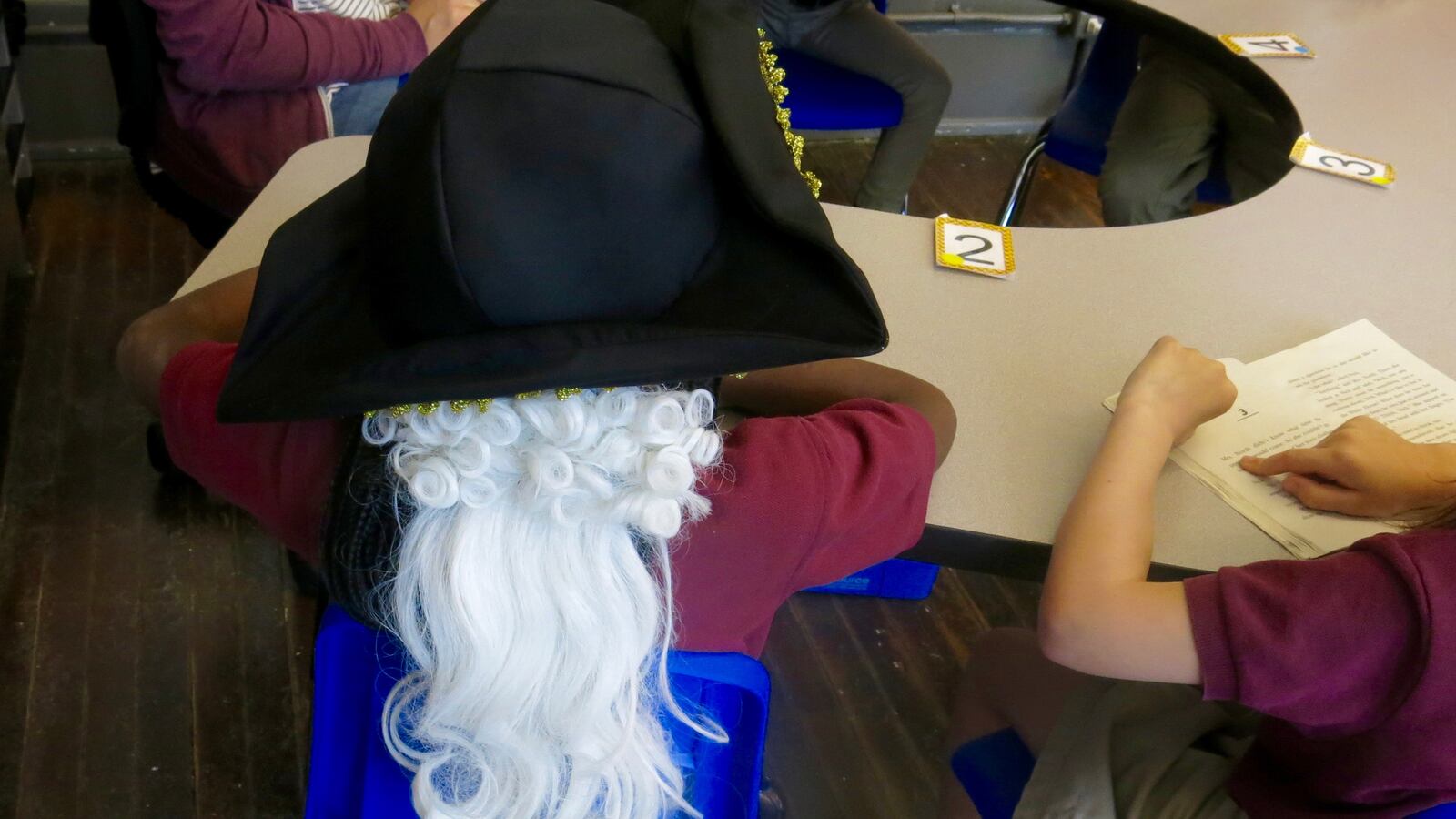Lawmakers are gearing up to require a semester of Tennessee history, just as the state is poised to adopt new social studies standards that include fewer state-specific facts.
But first, they have to figure out which classes to cut to make way for a new one.
The Senate last week passed a bill requiring that all students take a semester of state-specific history between grades 4 and 8. But on Thursday, Rep. Art Swann of Maryville confirmed that he won’t push for the measure in the House in the waning hours of this year’s General Assembly.
Though 83 out of 99 House members signed on as co-sponsors, he said too many lawmakers are concerned about the logistics of such a change. Swann plans to use the coming months to determine how to fit a Tennessee history requirement into students’ jam-packed schedules.
The proposal emerged in the 11th hour of the legislature, soon after the State Board of Education approved new social studies standards for Tennessee in the first of two votes.
Those standards, which were developed during an intensive year-long review, are about 14 percent shorter than the current set — a response to teachers who want to go more in-depth with their students. But the reduction comes at the expense of some Tennessee history such as the Chickamauga Indians, “Roots” author Alex Haley, and the New Madrid earthquakes.
The proposed standards would continue Tennessee’s practice of “embedding” state-specific facts across all grades and units, instead of requiring a separate unit or course, something Tennessee hasn’t done for nearly two decades.
The addition of a new course would require new standards, as well as an update to school schedules statewide.
“My argument all along has been it’s all a matter of priority,” Swann said. “All of the things they’ve got is important, but there are few things that are as important as Tennessee history, where kids learn who they are and where they’re from.”
The Senate sponsor, Ferrell Haile of Gallatin, said last week that the intention is not to complicate the lives of educators.
“We do not want to place additional burdens on our teachers, but we do want our students to be aware of Tennessee history going forward,” he said.
While Haile’s version of the bill places the required course in grades 4-6, Swann would rather see students focus on Tennessee when they are older and able to retain more information. Ultimately, he said, the change would affect grades have the most “wiggle room,” but he also might draft the bill so that local districts could decide.
The proposal is the latest twist for social studies in Tennessee.
The new standards, which face a second and final vote in July, were developed after reviewing tens of thousands of comments from hundreds of Tennesseans, as well as about 100 hours of meetings by a review committee appointed by lawmakers.
Most members of the Standards Recommendation Committee believe they’ve struck the right balance. But Bill Carey, who sells Tennessee history materials through his nonprofit Tennessee History for Kids, was the sole committee member to vote against some of the standards. He was mostly concerned with the reduction of Tennessee historical facts in grades 1-5 — not for the later grades, which would be impacted by Swann’s proposal.

Architects of the new standards say teachers still could cover such topics, but that decisions about how should be made at the local level.
The state spearheaded its social studies review in January 2016, after critics charged that seventh-grade standards addressing the Five Pillars of Islam amounted to “proselytizing.” Members of the recommendation committee say all religions would be taught in a uniform way under the proposed standards.

